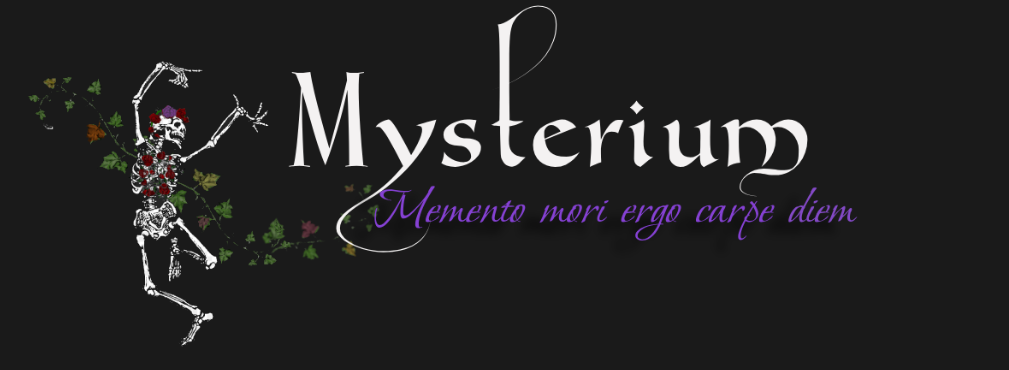“What Justifies a Life? In Memory of Liam McCarty”
Jared Morningstar writes for Medium in memoriam of his friend Liam, and on the intrinsic value of life in relation to death: To be is also to experience, and the conscious experience of human life is something of both irreducible individuality and incomparable richness. In merely experiencing life as ourselves — in all its complexity … Read more“What Justifies a Life? In Memory of Liam McCarty”
